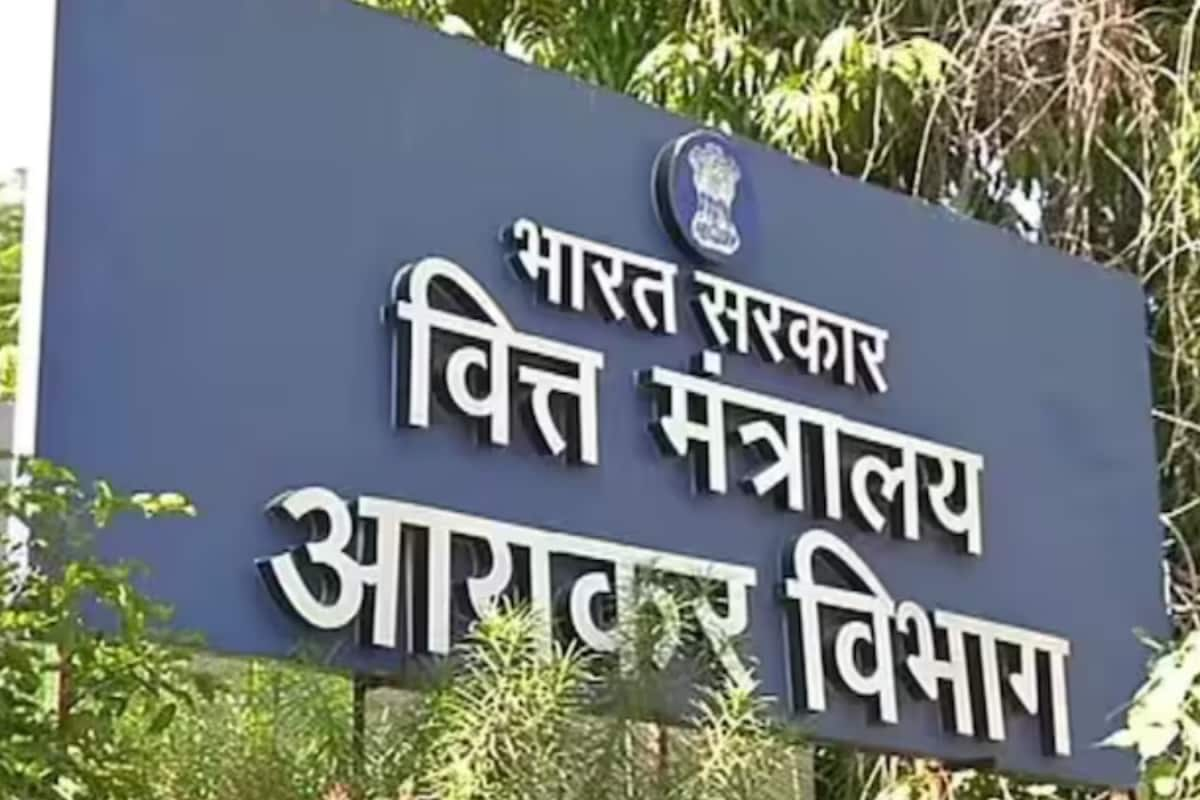

A recent case involving a Non-Resident Indian (NRI) and a property sale in Pune highlights the potential pitfalls of seemingly minor errors in tax filings. The NRI, based in the USA, sold a property for ₹2 crore in 2015. The buyer correctly deducted 20% TDS (Tax Deducted at Source), amounting to ₹18.68 lakh. However, the buyer made a critical error by filing the TDS under Form 26QB, which is specifically meant for transactions where the seller is a resident Indian. The correct form for NRI property sales is Form 27Q.
This seemingly small mistake had significant repercussions. Because the TDS was filed under the wrong form, it did not reflect in the NRI's Form 26AS or AIS (Annual Information Statement). Consequently, the Income Tax Department treated this as non-payment of capital gains tax and issued a tax demand notice of ₹46.81 lakh, also initiating penalty proceedings. Despite the NRI having already paid ₹1.91 lakh as advance capital gains tax, he couldn't claim credit for the TDS that had already been deducted because it wasn't correctly recorded under his PAN (Permanent Account Number).
The NRI then spent years trying to rectify the situation, but faced considerable bureaucratic hurdles. Tax officials argued that correcting the error wasn't straightforward and required documentation from the buyer, including an indemnity bond and consent, before any changes could be made. They also raised concerns about the buyer potentially claiming a wrongful refund if the credit was changed.
Frustrated and facing a substantial tax demand, the NRI eventually approached the Delhi High Court for relief. He argued that he had complied with the law, paid the correct tax amount, and that the TDS had indeed been deducted and deposited. The issue was purely a procedural error on the part of the buyer, and he should not be penalized for it.
In a significant ruling on May 27, 2025, the Delhi High Court sided with the NRI. The court directed the tax officials to update their records to reflect the TDS amount under the NRI's PAN, effective from the original date of deposit. It also instructed the department to calculate the correct refund due to the NRI and declared all conflicting notices and orders as null and void. The court emphasized that a procedural lapse by the buyer should not be a ground to penalize a compliant NRI seller, and that tax credit must be granted if the tax has been deducted and paid, regardless of form errors.
This case serves as a crucial lesson for NRIs selling property in India. It highlights the importance of ensuring that the buyer correctly files the TDS using Form 27Q and possesses a valid TAN (Tax Deduction Account Number). NRIs should also obtain Form 16A from the buyer as proof of TDS deduction and diligently monitor their Form 26AS/AIS to verify that the TDS is accurately reflected under their PAN before filing their Income Tax Return (ITR). Filing ITR on time, even if tax appears settled through TDS and advance tax, is also crucial for claiming refunds or credit.
Tax experts emphasize that this case is a wake-up call, illustrating that even when the tax amount is correct and paid, filing errors can disrupt the entire process. NRIs must be vigilant and proactive in ensuring compliance to avoid facing similar tax disputes. The Delhi High Court's ruling underscores the principle that substance should prevail over form, and that taxpayers should not suffer due to the procedural mistakes of others, offering a significant win for NRIs navigating the complexities of Indian tax laws.